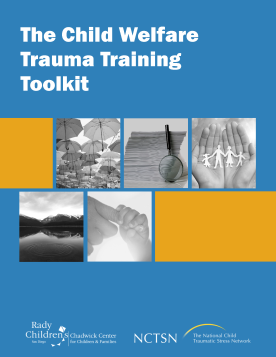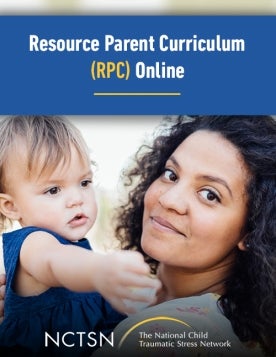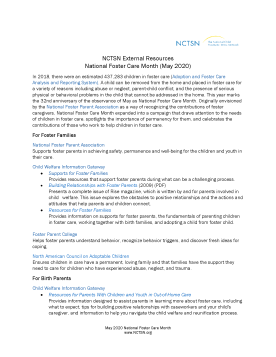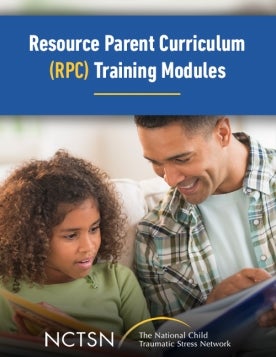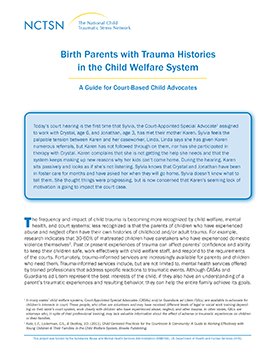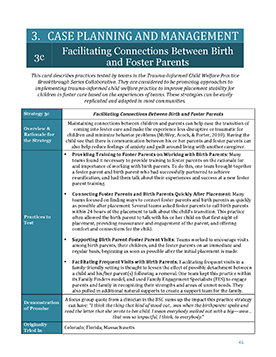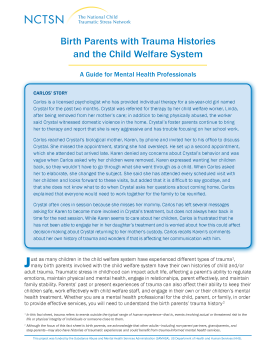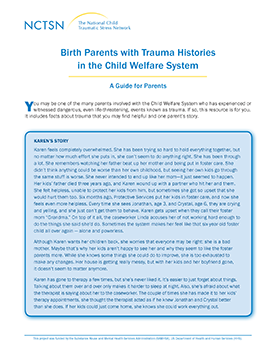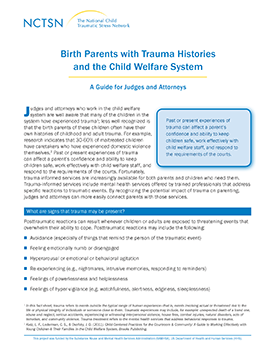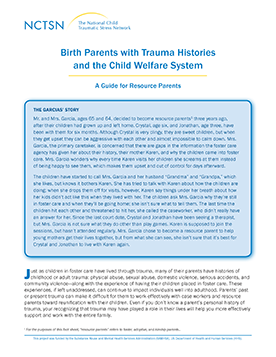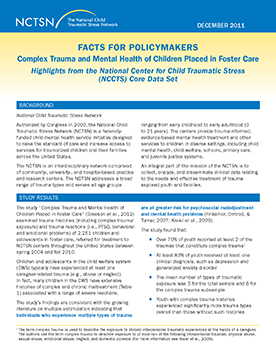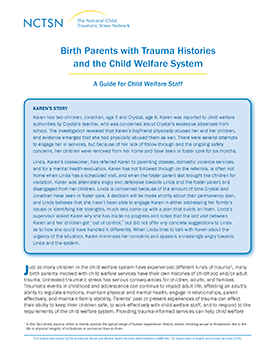May was first declared as National Foster Care Month in 1988. Since then, May has been a time to acknowledge the contributions of foster caregivers and the needs of children in foster care. In 2015, there were an estimated 427,910 children in foster care. A child can be removed from the home and placed in foster care for a variety of reasons including abuse or neglect, parent-child conflict, and the presence of serious physical or behavioral problems in the child that cannot be addressed in the home.
The National Child Traumatic Stress Network (NCTSN) has compiled a list of helpful resources for birth parents, resource parents, (i.e. foster care, kinship care providers, and adoptive parents), youth, and child welfare and mental health professionals that address the needs of children and adolescents in foster care including mental health treatment, permanency planning, and the transition to independence for older foster care youth.
A list of external resources related to foster care is available here.
